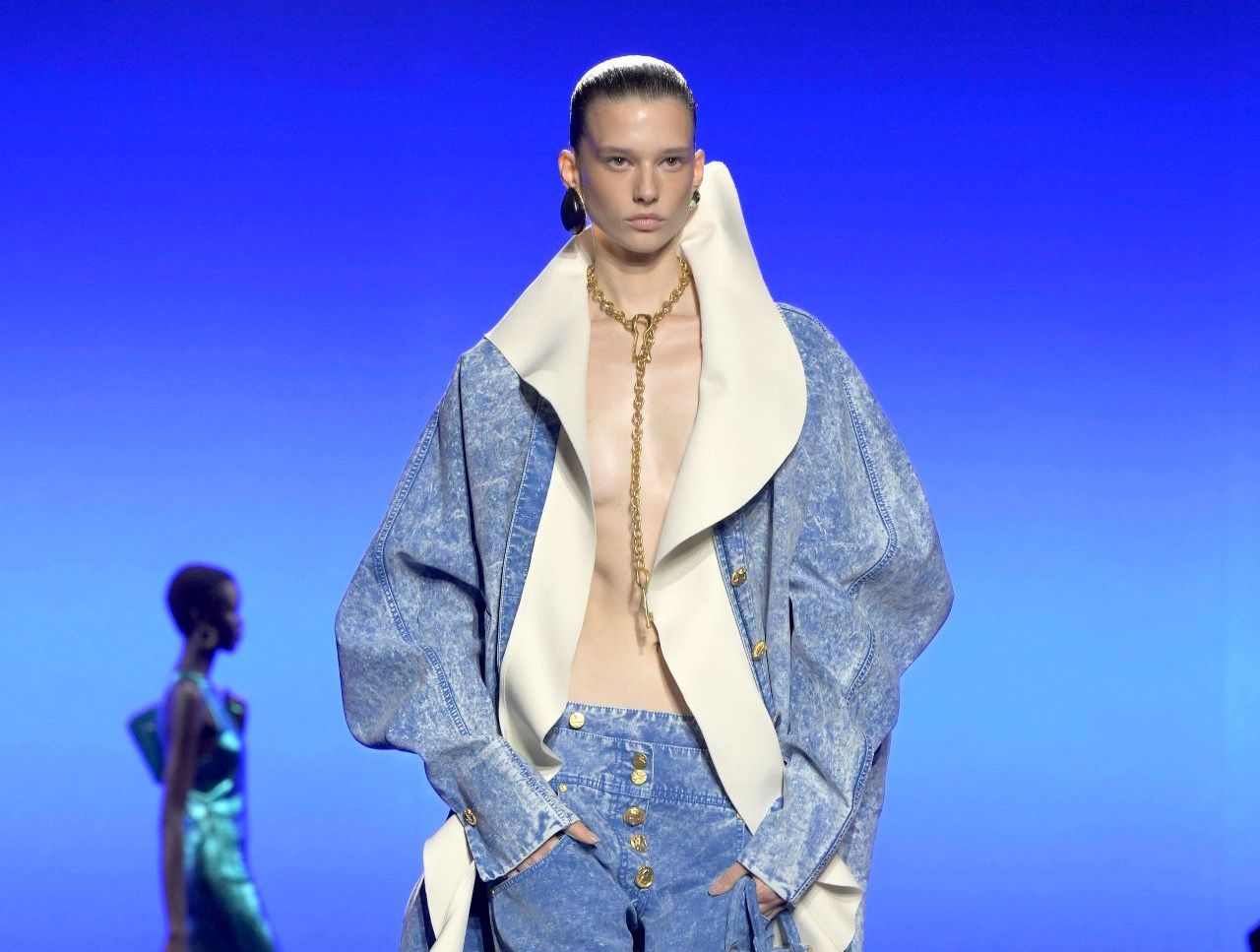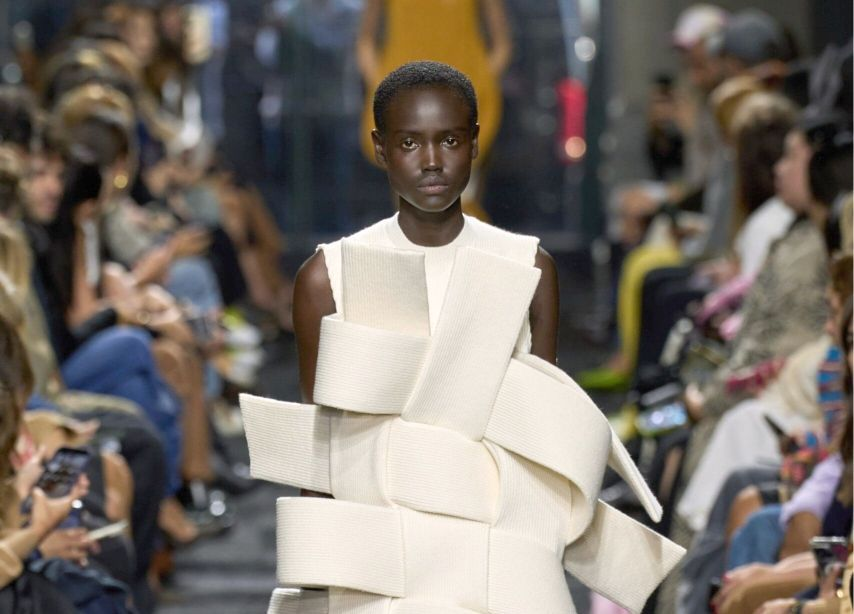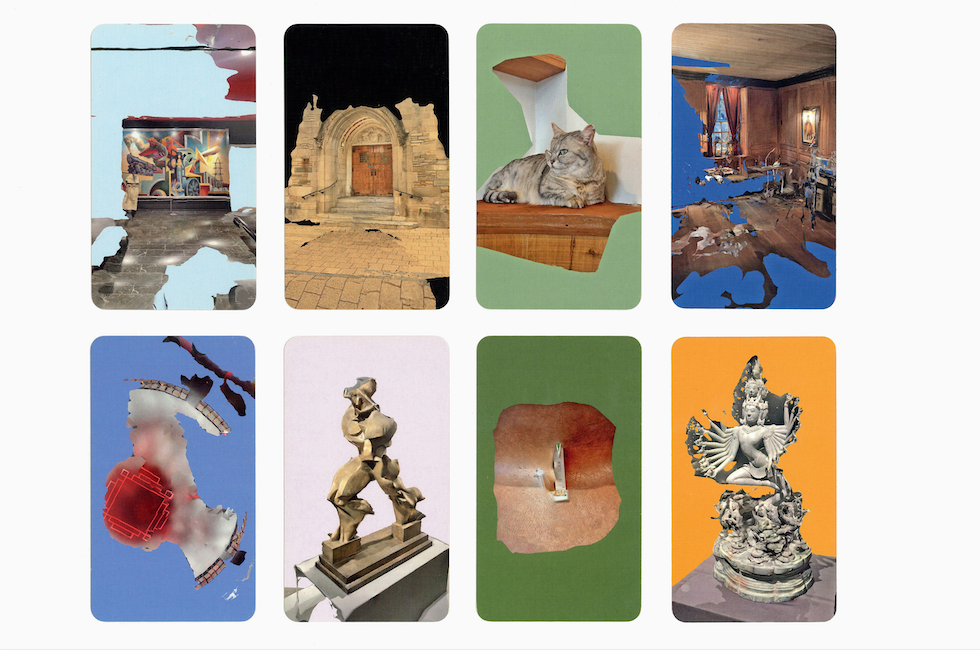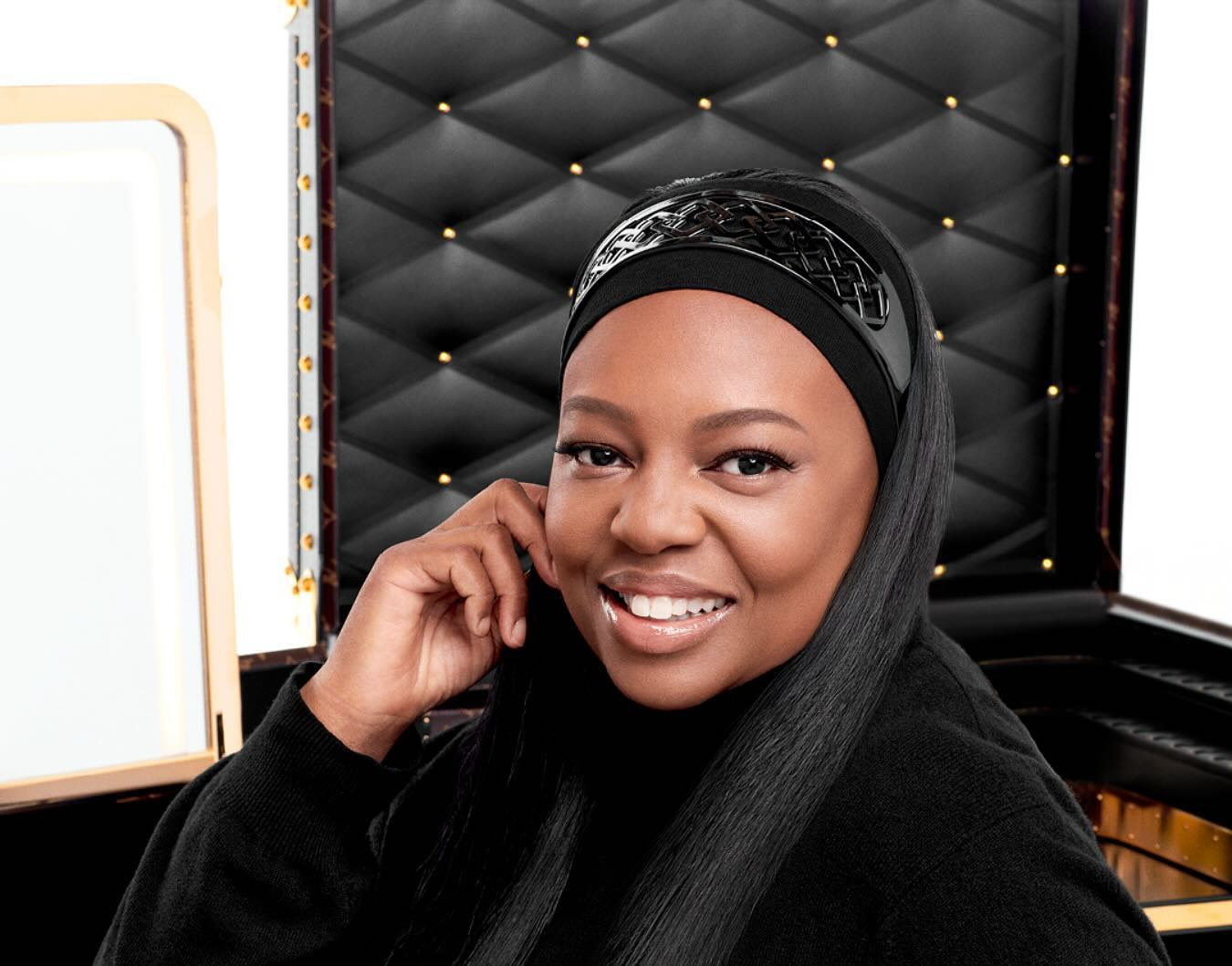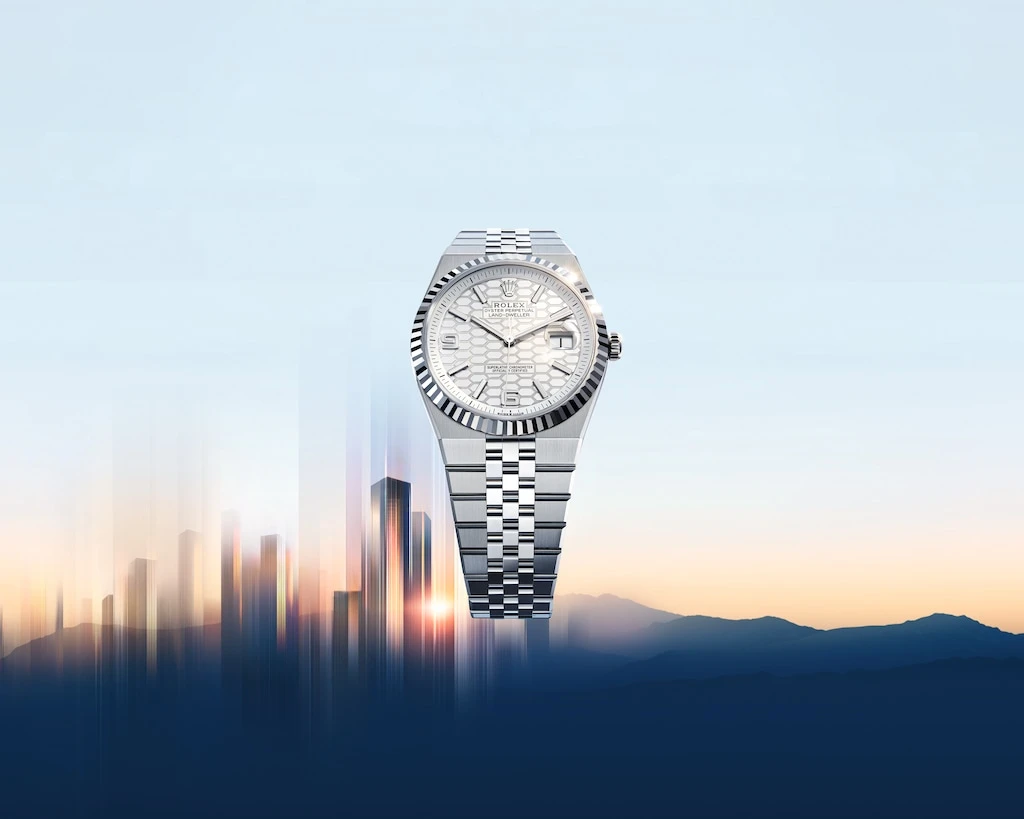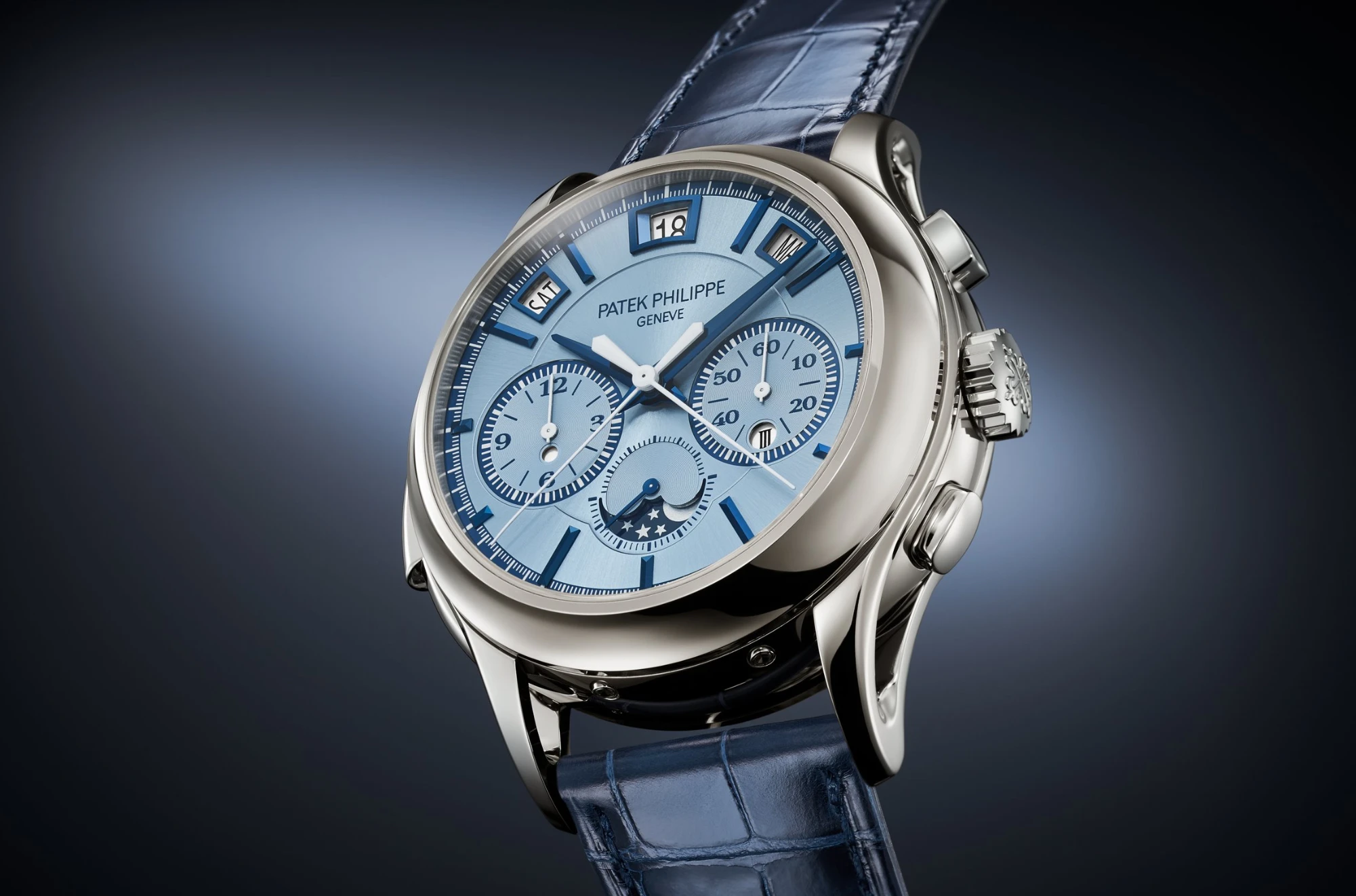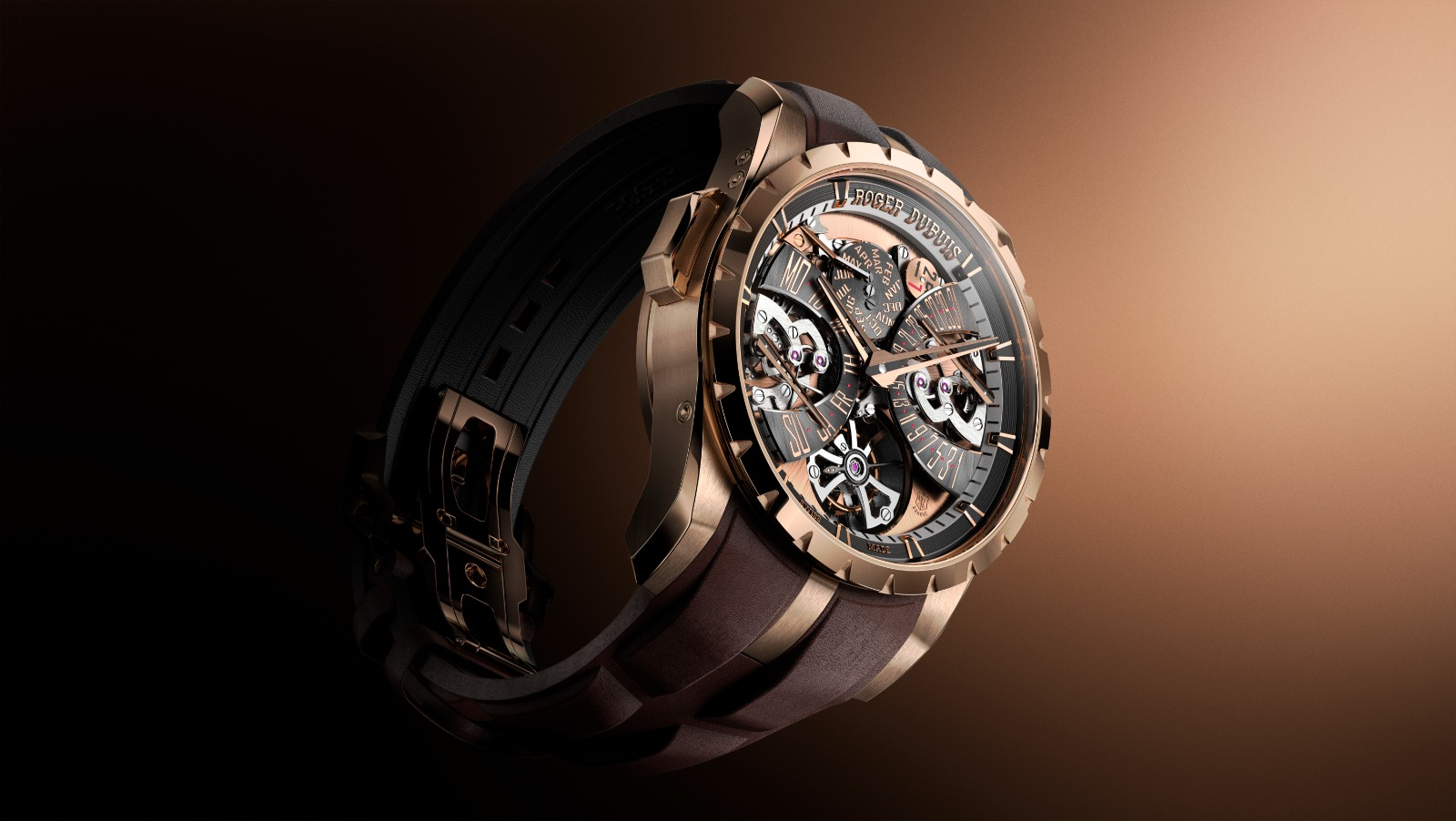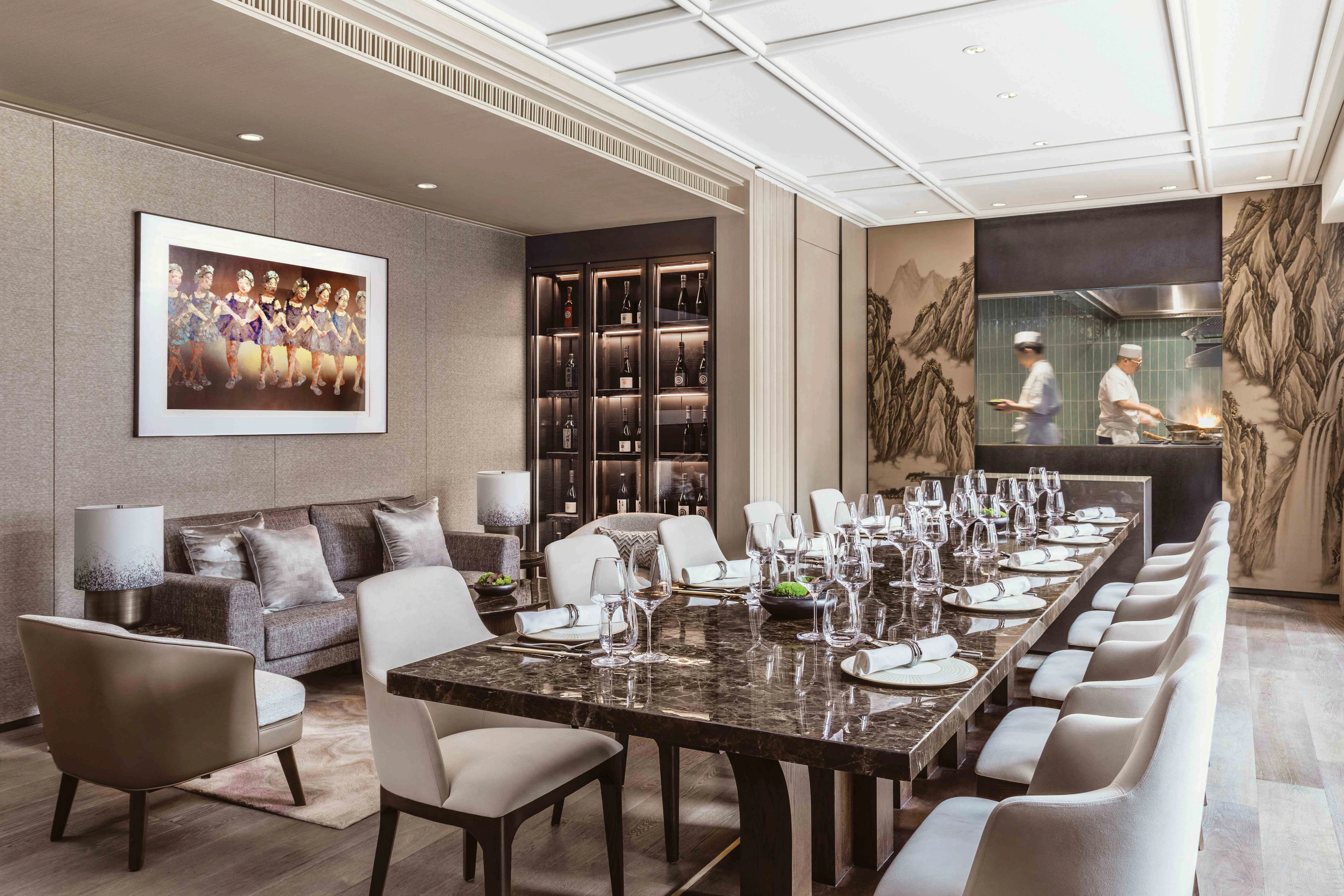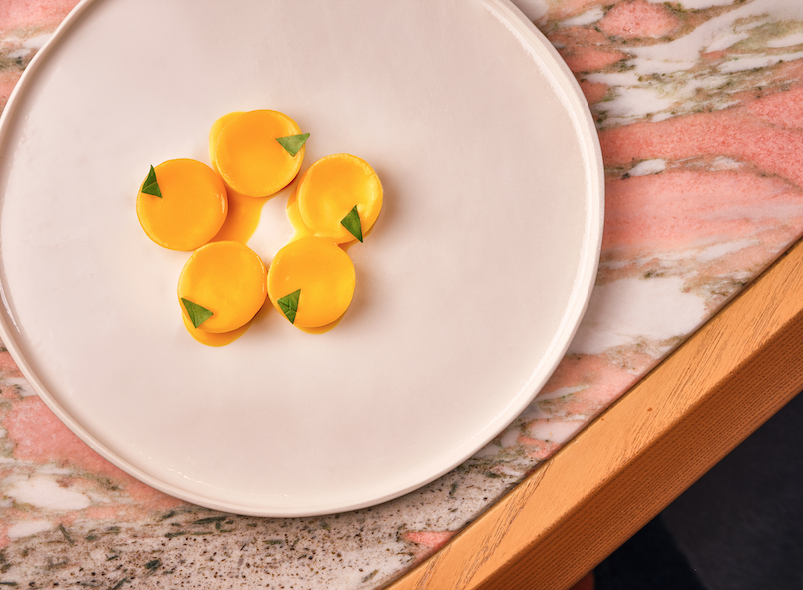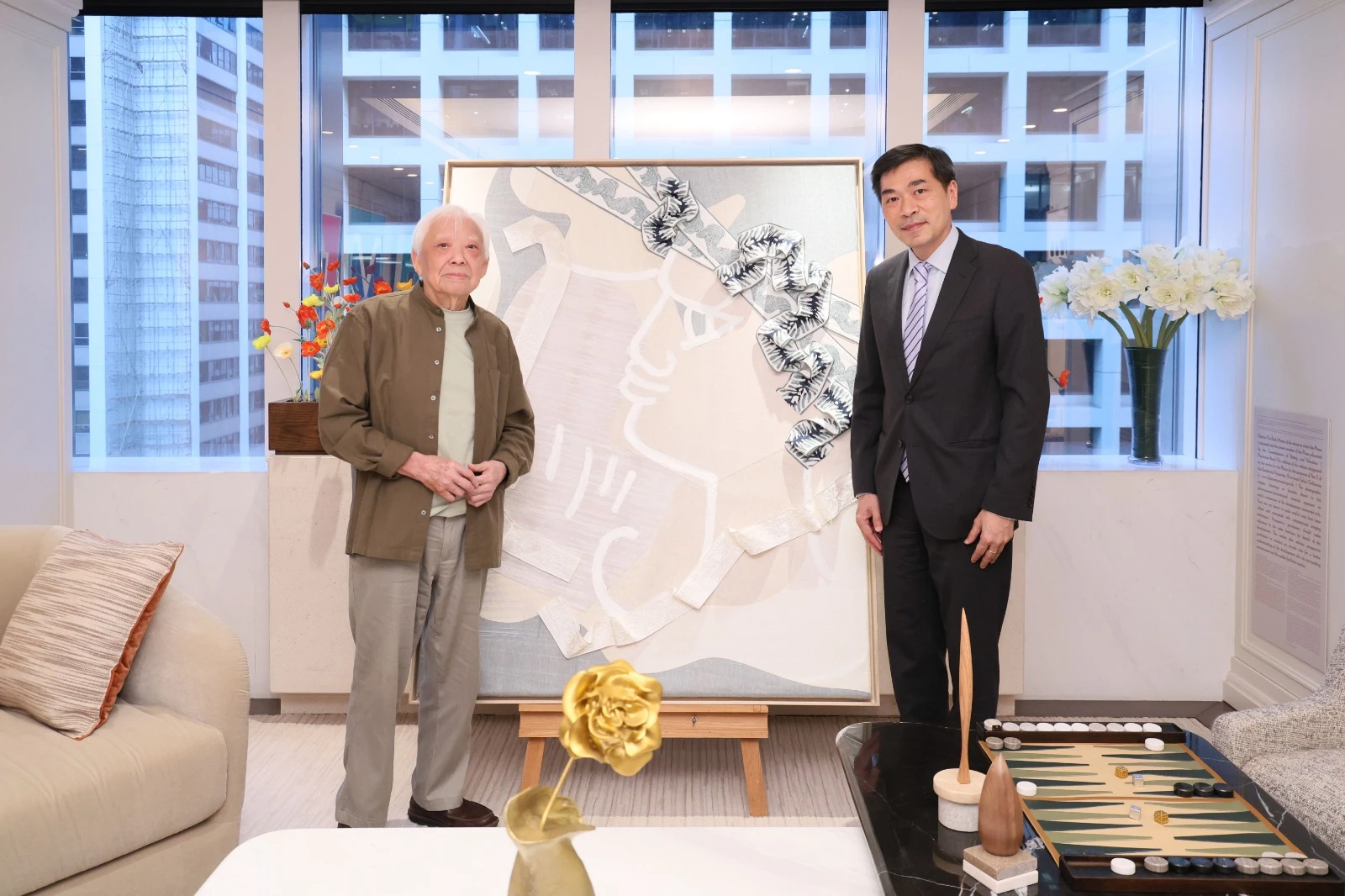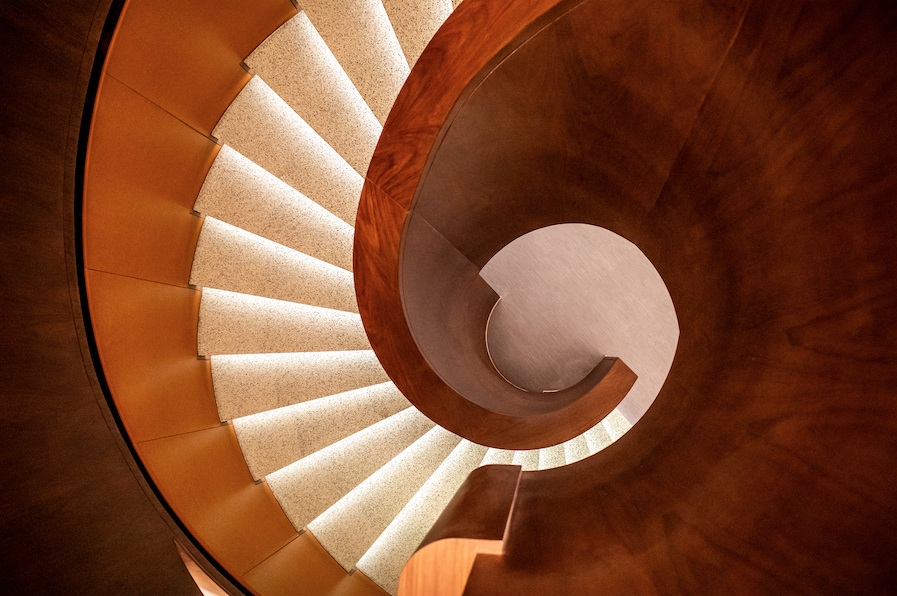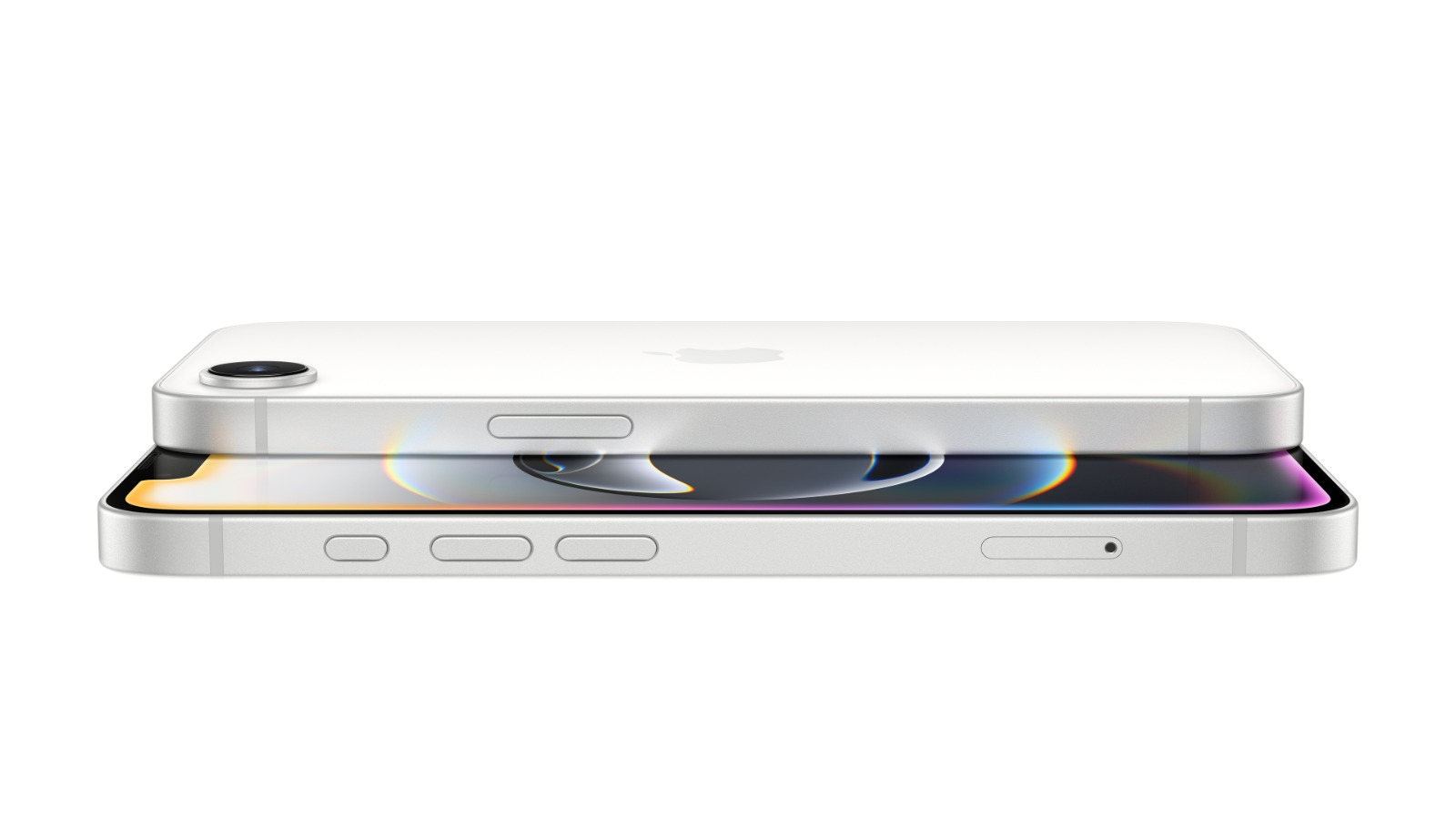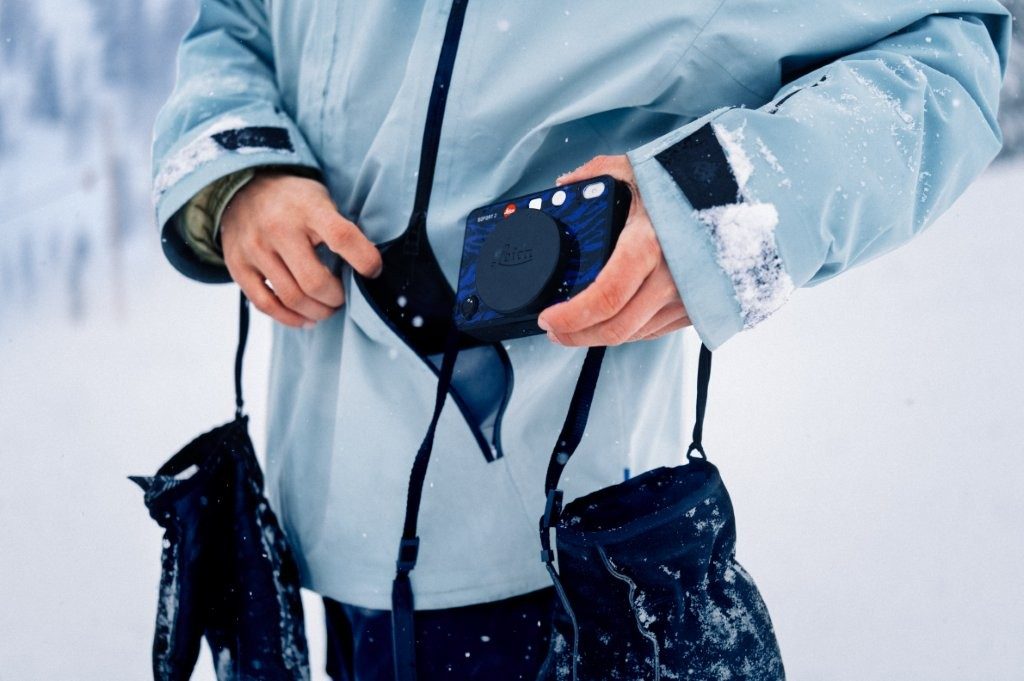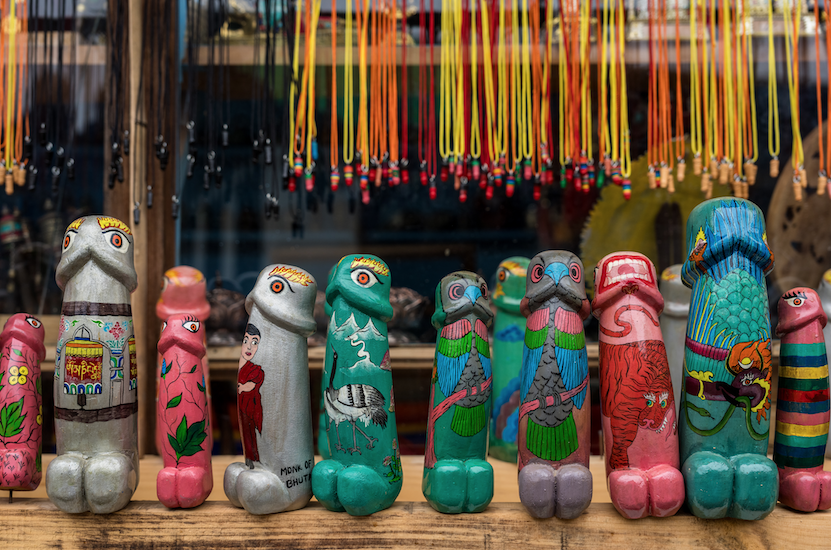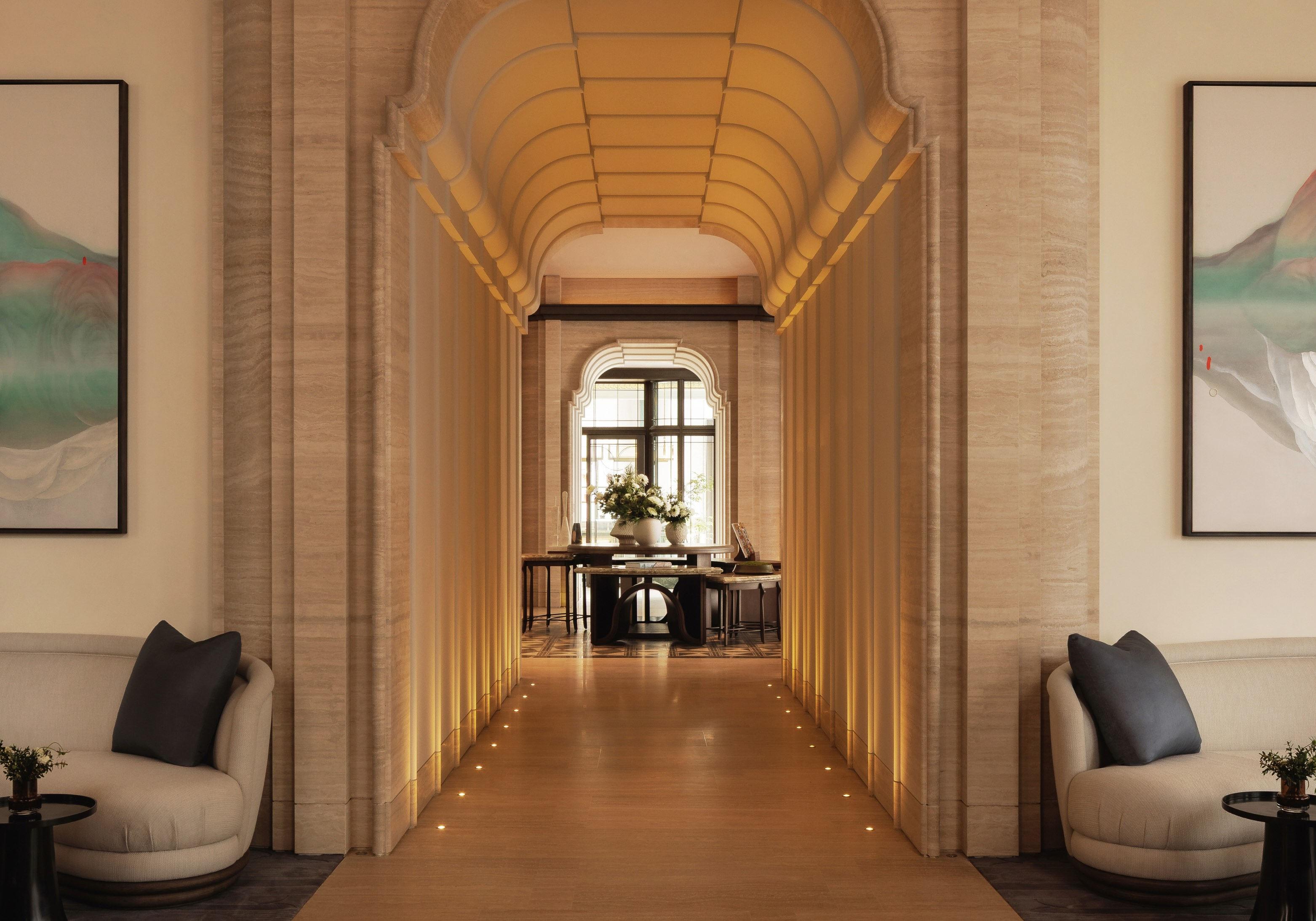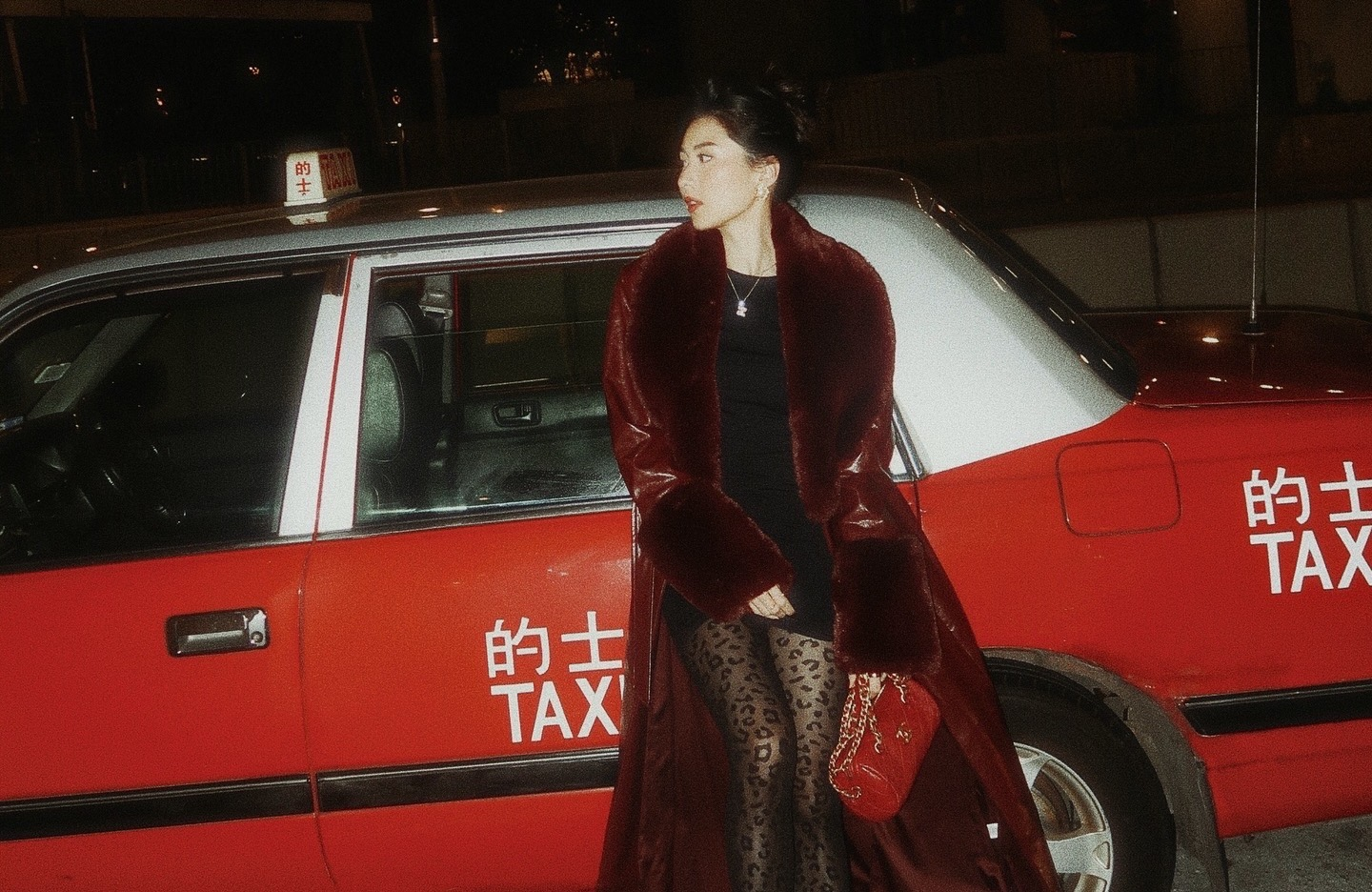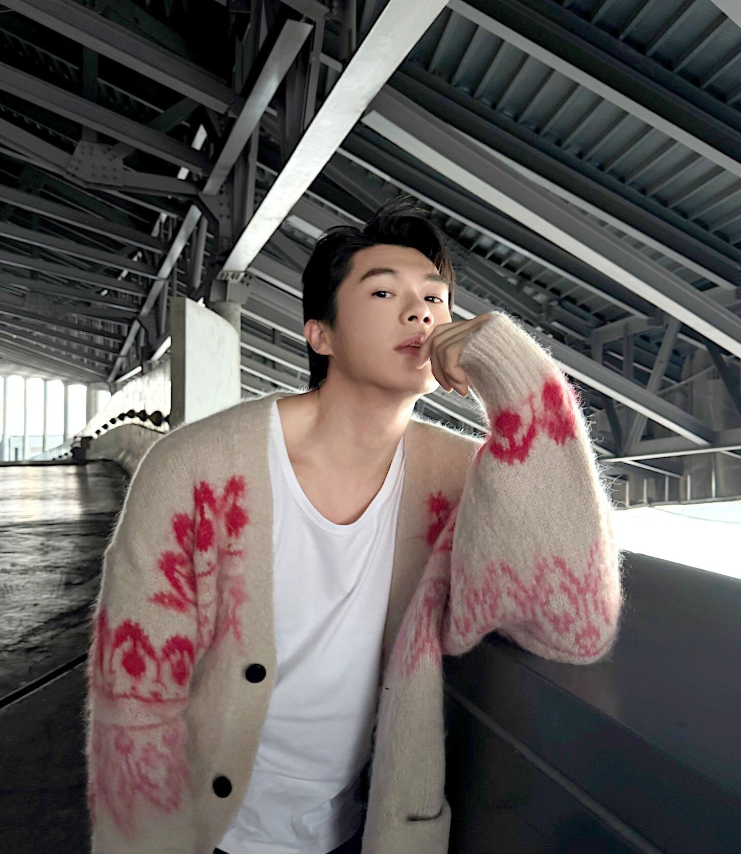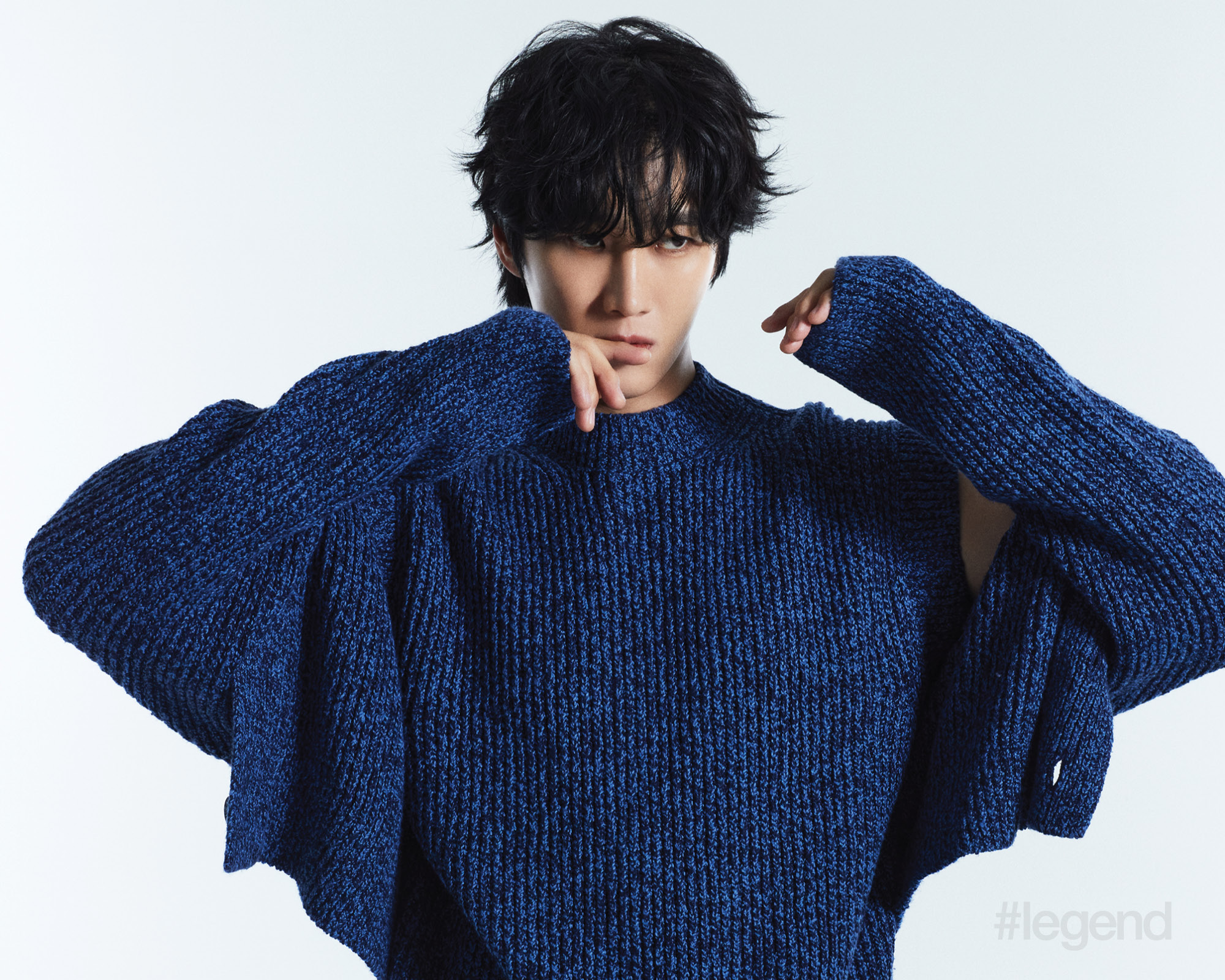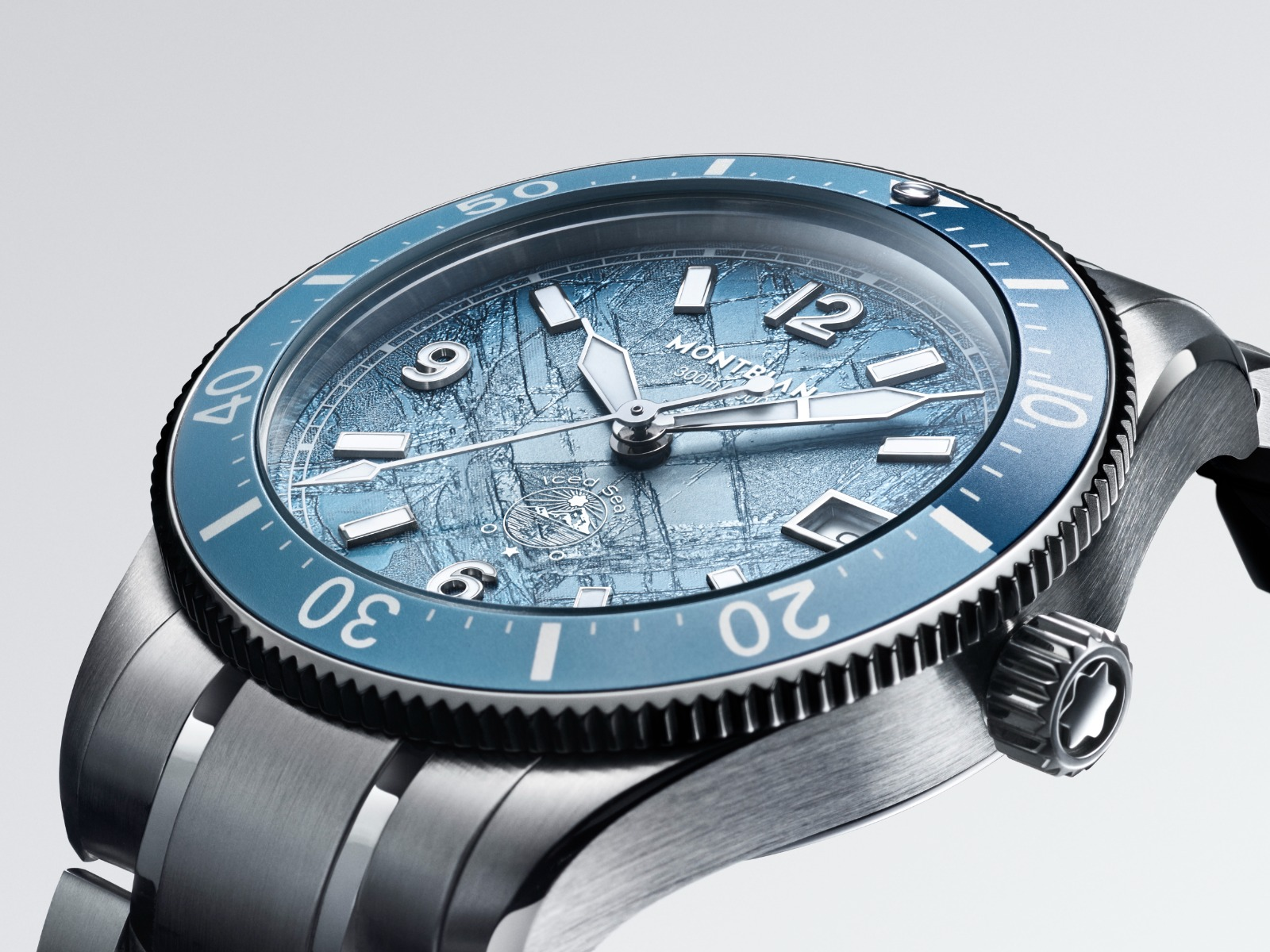Pascal Raffy's Vision to Return Bovet 1822 to Its Former Glory
Oct 24, 2016
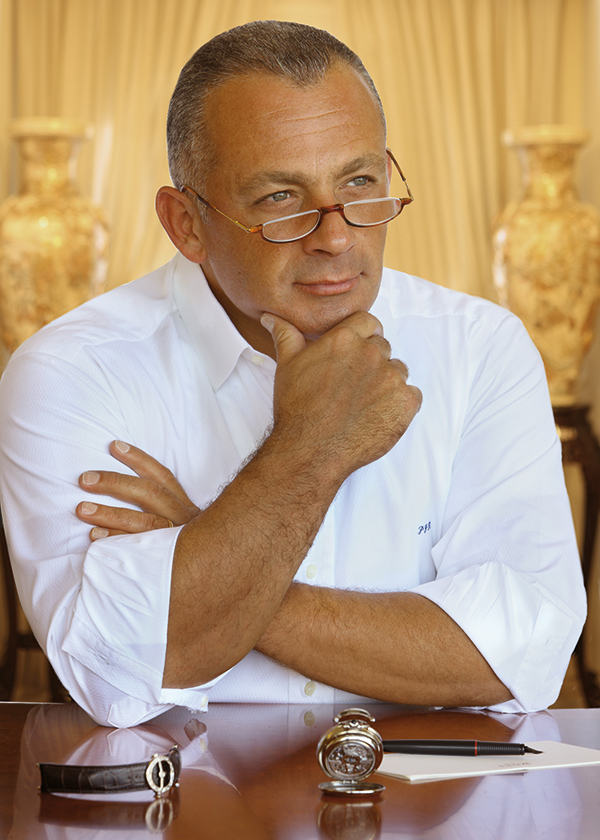
When Pascal Raffy took over Bovet 1822 in 2001, he did it for love rather than money. One of the world’s great watchmakers, with a storied past, needed an investor. At a stage in his life where he had scaled back his career as a lawyer and in pharmaceuticals, Raffy and Bovet were a good fit.
Raffy is a man that appreciates the finer things in life and who has a passion for exquisite timepieces that dates back to the education he received in his youth from his grandfather. Memories of great handmade watches and a determination to protect the Bovet heritage inspired him when he acquired the company. It still seems a driving force.
“The history and the patrimony of Bovet was the first thing, to put the human being at the centre of the existence of Bovet,” he says.
“The second thing, knowing that true luxury, whatever the field, is three things: a clear identity, small quantities and handcrafted. The third thing, the way to conduct Bovet, innovation is more than important, especially when you protect patrimony.”
When Raffy took control, the brand was in exceedingly poor shape. He had planned to awaken it from its slumber by delivering on his three characteristics of luxury and by making only handcrafted timepieces.
As it turns out, Greater China will also play an important role. A peculiarity of the brand lies in its ties with the mainland. When he spoke to #legend in Hong Kong last month, Raffy says he brought the brand full-circle, back to its natural home. “We were the first Swiss watchmaking House to enter Guangdong in 1822 and there is huge room for the house to build its future knowing it already exists and is already healthy,” he says.
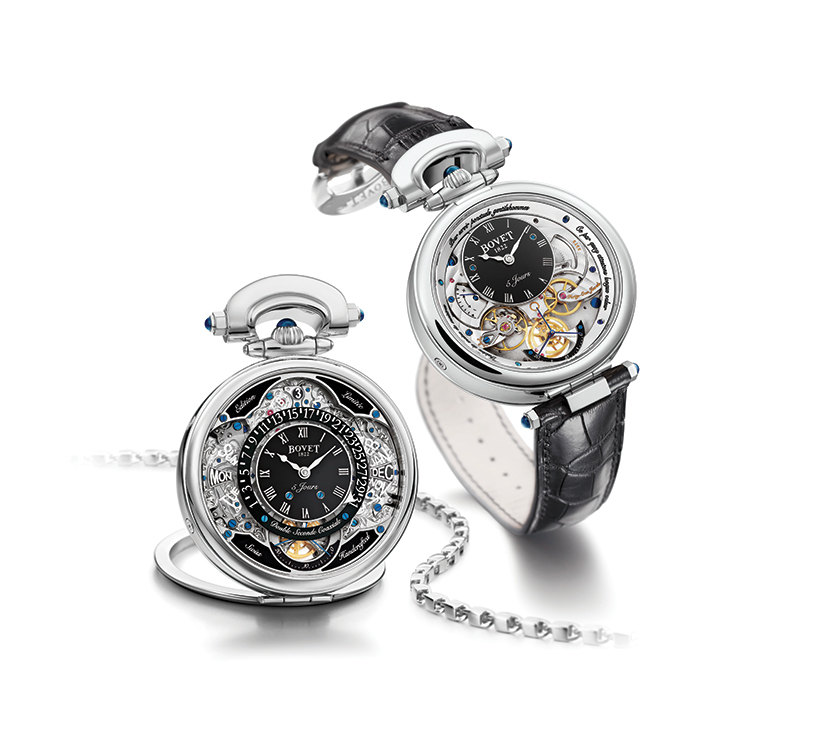
In another age, the brand was immensely popular for its pocketwatches in the mainland and “bo wei” was reportedly the Chinese patois for watch during the 19th century. Little surprise that Raffy considers the mainland to be Bovet’s second home, despite the market representing just 5 per cent of the company’s turnover – a far cry from the sales that led to the establishment of factories across Guangdong and Macau a century and a half ago.
Raffy is intent on making the brand a powerhouse here too. He was here for a fundraising concert by the Hong Kong Philharmonic Orchestra.
“Am I willing to do so? Yes, of course, but I am in no rush to do it for any volume. I want to control it as we did in the other countries.”
By making only 3,000 timepieces a year, Raffy says he is defending the House of Bovet. “Above 3,000 to 4,000, you cannot repeat that excellency in mechanics. I tell you it is impossible,” he says. “The Chinese collector is educated. Don’t sell to the Chinese collector that with 70,000 to 80,000 timepieces you are defending luxury.”
In an age where real luxury may be lost on many younger consumers, Raffy is confident that an appreciation of quality remains. He says that no matter a person’s age, it is education that ensures they recognise the importance of a fine timepiece. “People can get confused thinking that Bovet is all too much expensive,” he says.
“I don’t agree. I have collectors aged between 25 and 35 and they come to you because they are not very wealthy, but they are in love with true luxury. Respect is not related to money, it is knowledge, education, taste, a way of living, elegance.
“Luxury is related to one word; authenticity. Don’t lie, never lie. People are not stupid. If you are prepared not to trick anybody, you are safe. Is it more complicated, yes of course, but it is more valuable.”


